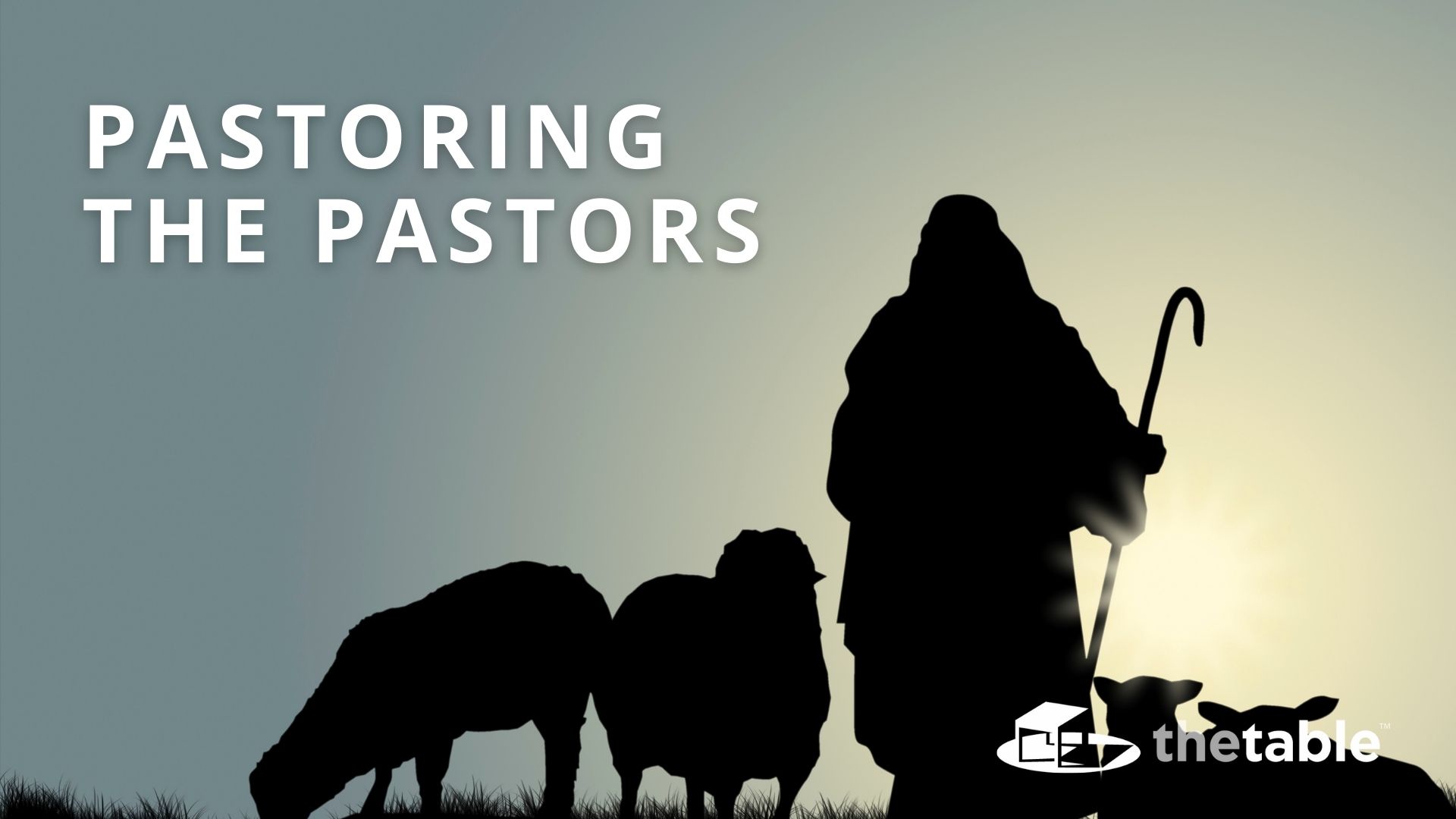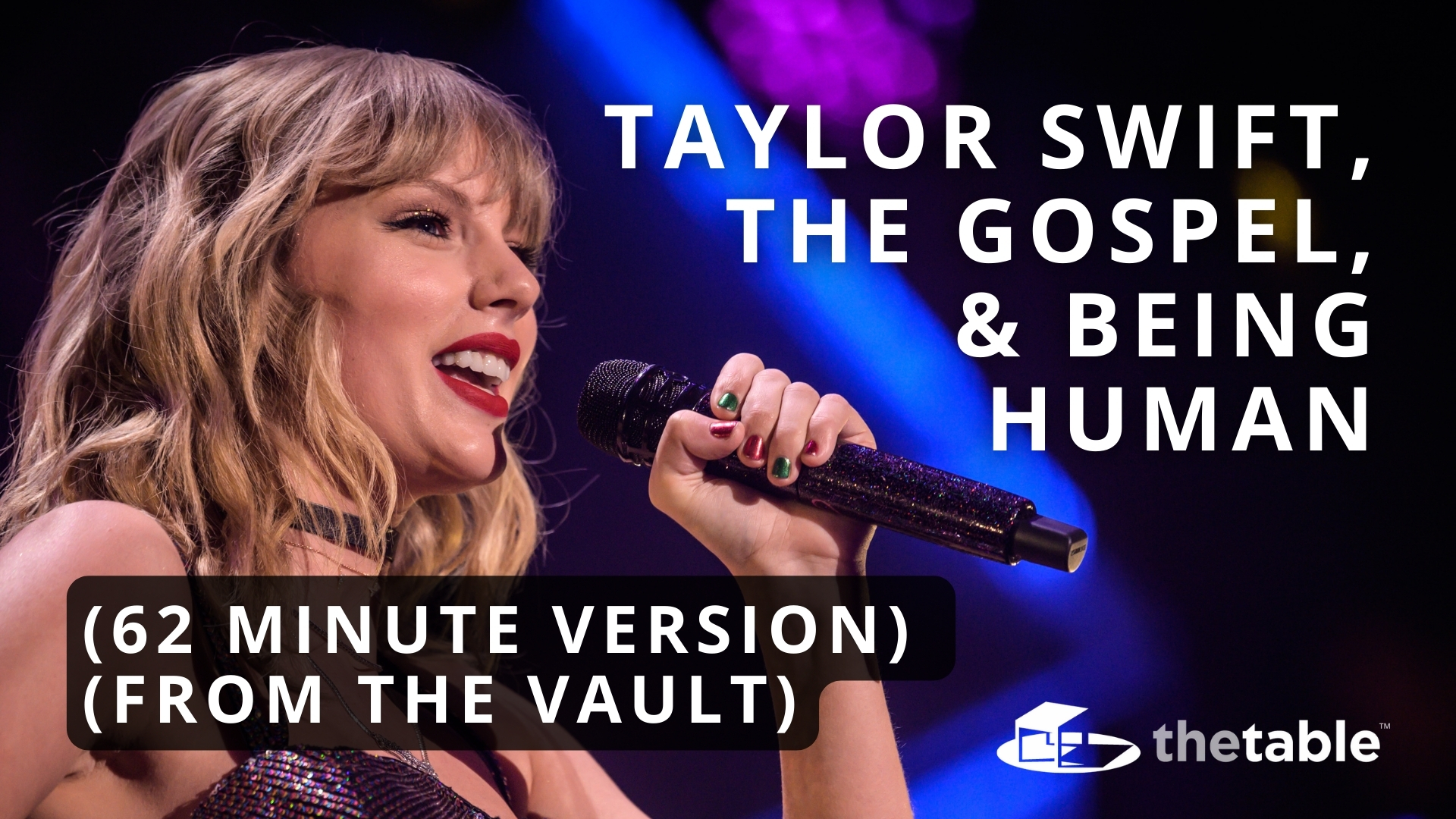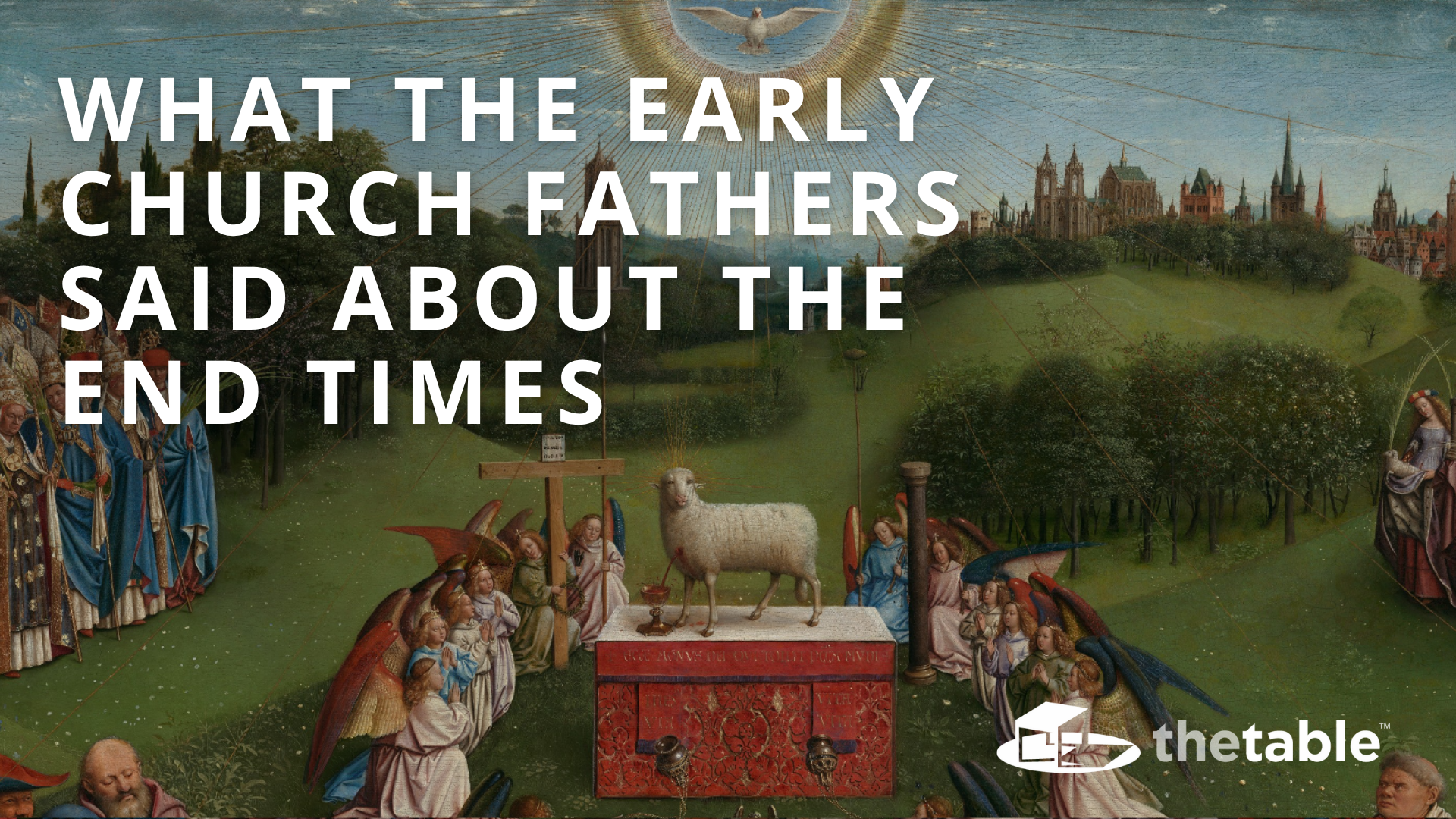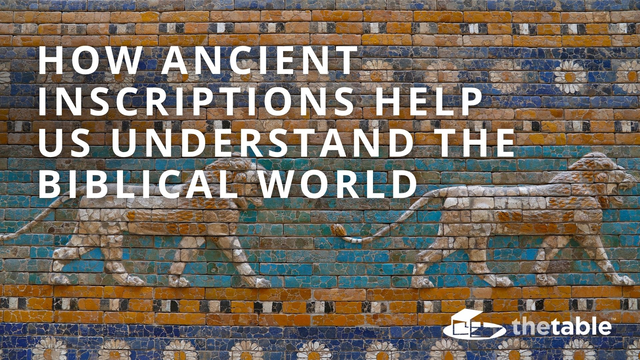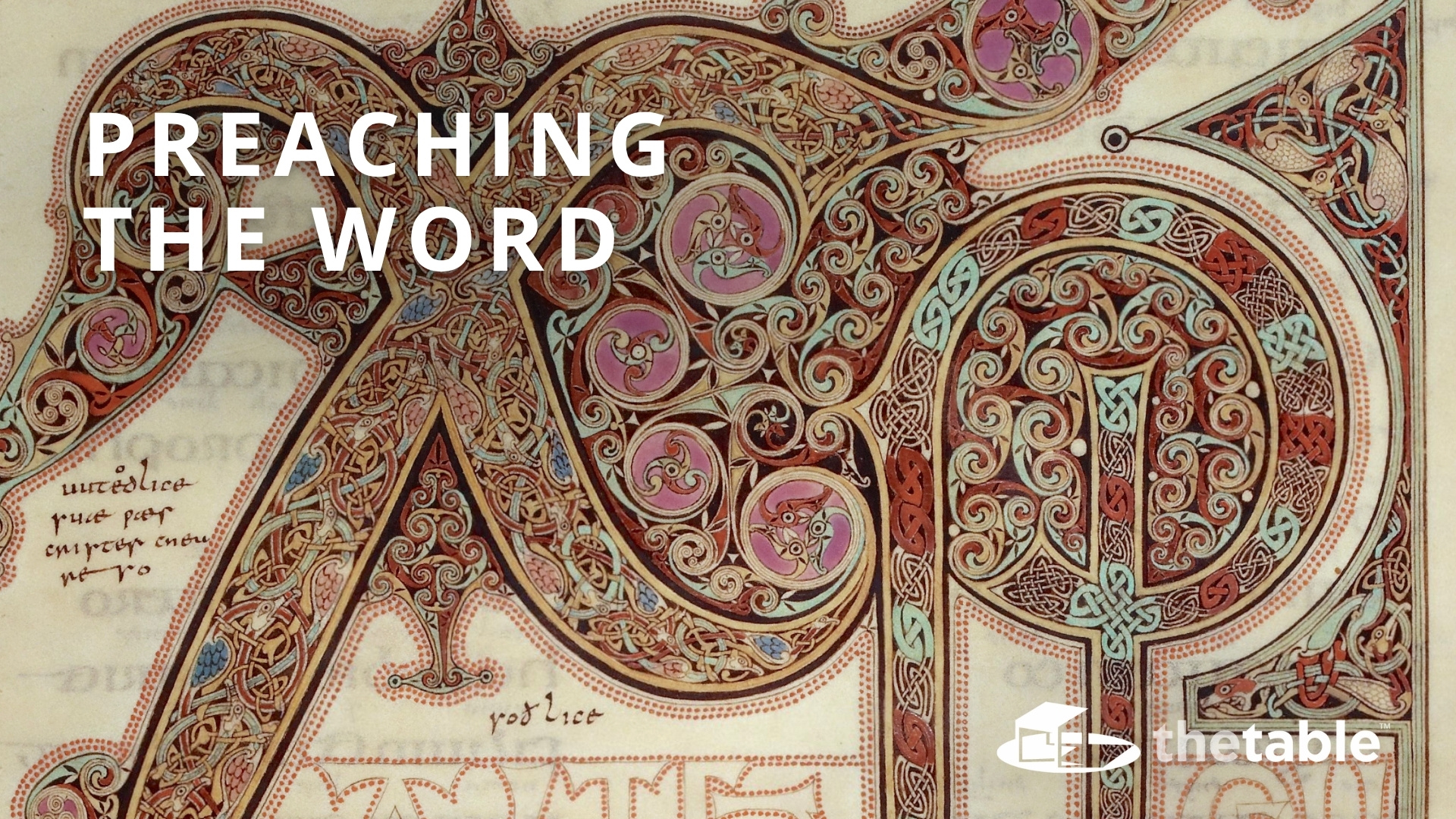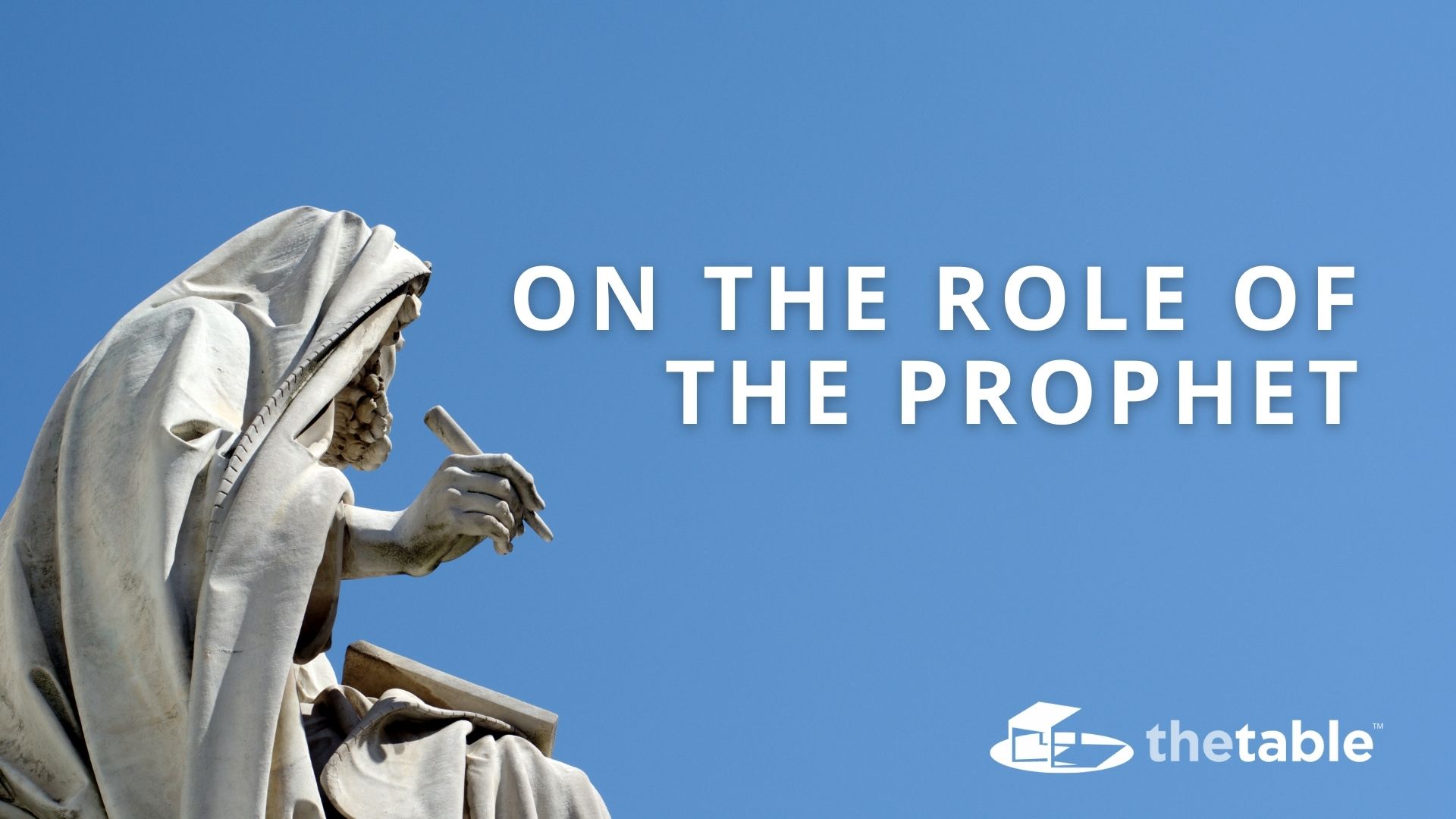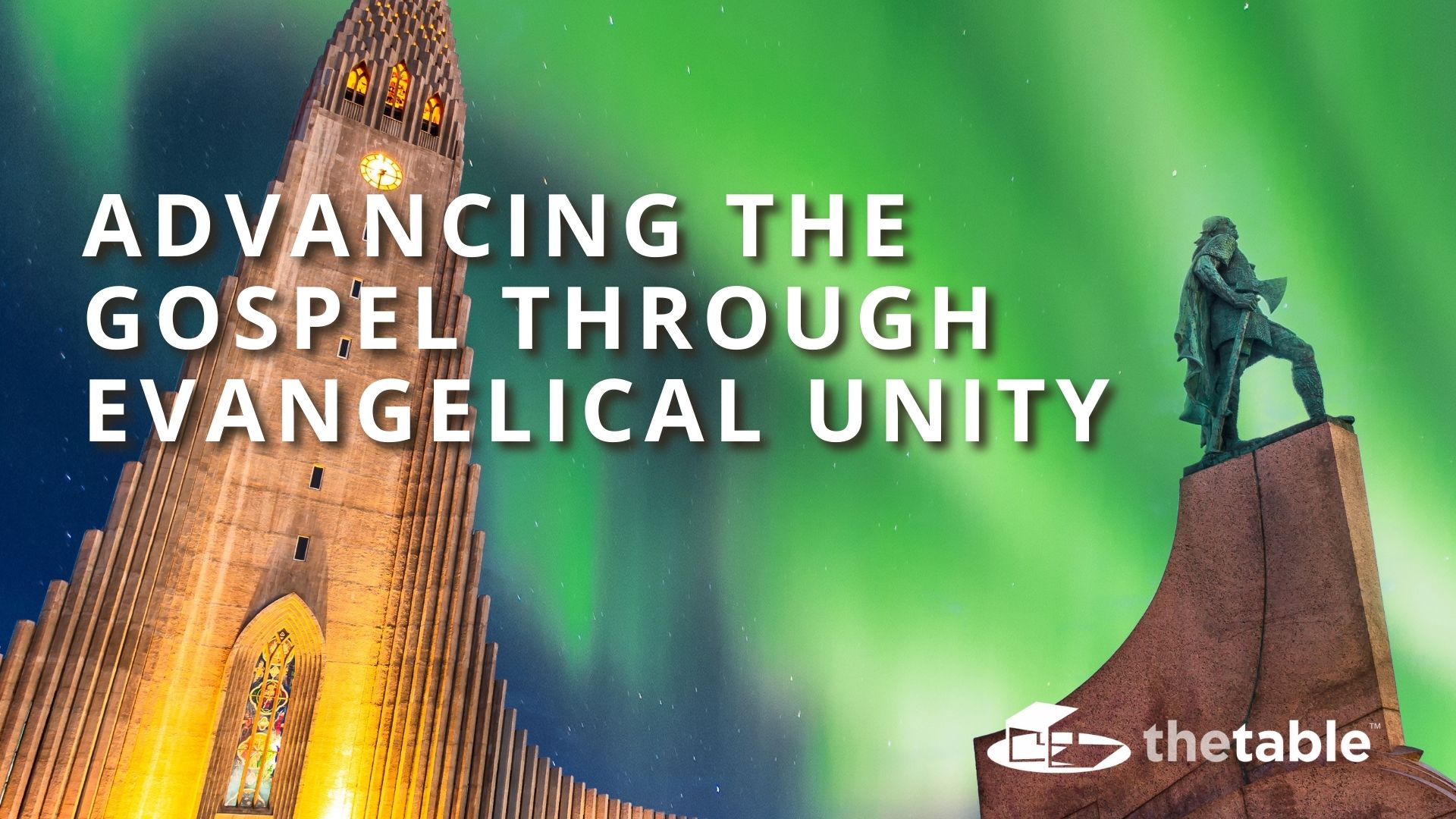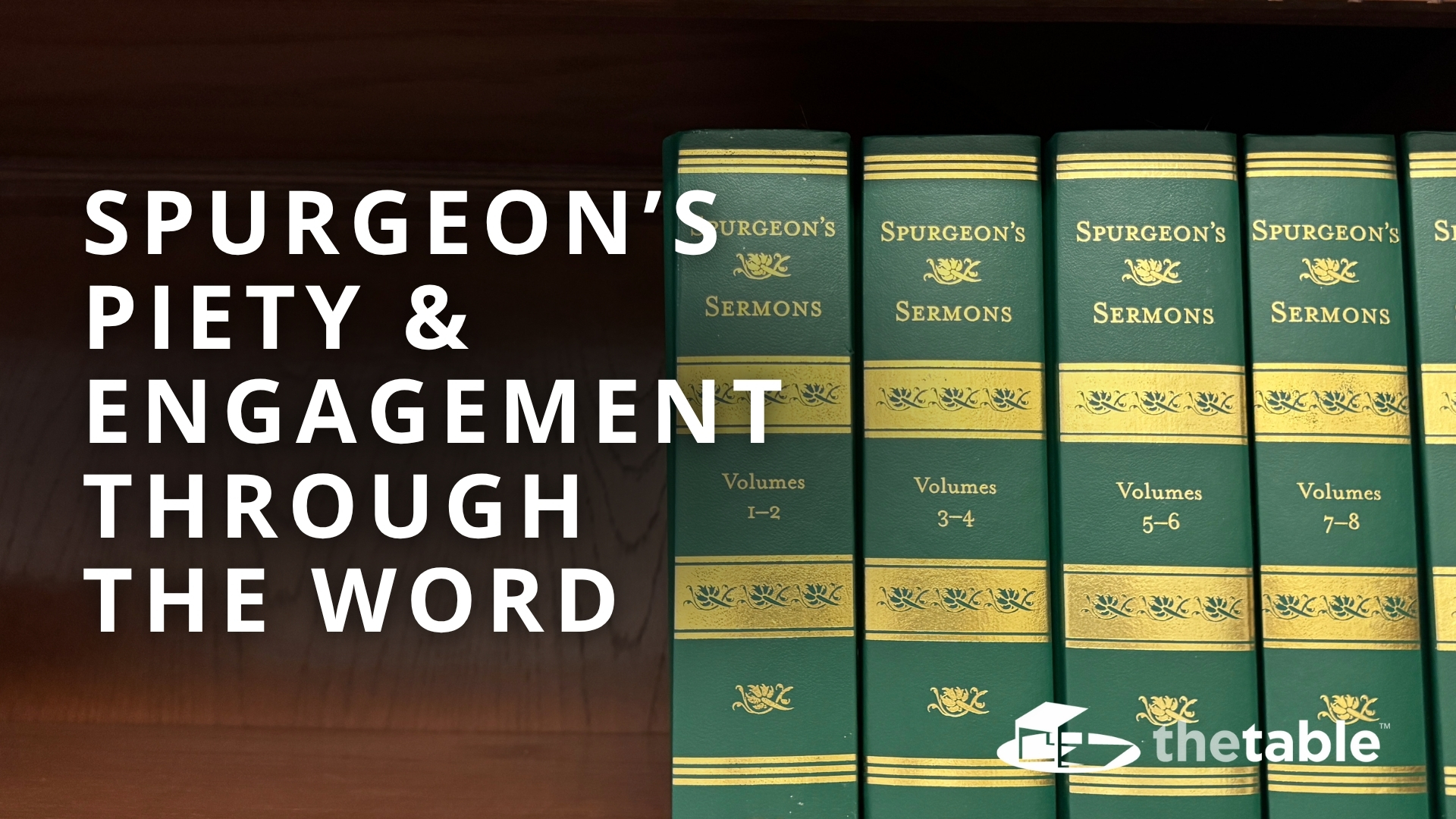Winning a Grammy for God
Description
Milyce Pipkin:
Welcome to The Table Podcast, where we get an opportunity to show God and culture and show the relevance of theology to everyday life. I'm Milyce Pipkin. I'm an associate with the Hendrick Center here on the campus of Dallas Theological Seminary. We're so glad you're joining us today because we have a really exciting podcast. We have the faith journey, the singing, the award-winning none other than Myron Butler joining us here for the podcast.
Myron Butler:
Thank you so much for having me.
Milyce Pipkin:
Thank you for being here. Myron is a Grammy award-winning, Stellar award-winning. I could go on to all the other awards that he's won.
Myron Butler:
Thank you.
Milyce Pipkin:
With his beautiful, beautiful voice.
Myron Butler:
Thank you.
Milyce Pipkin:
His talents and gift of song, whether it's producing, whether it's writing, whether it's singing, whether it's playing.
Myron Butler:
I do everything. I'll sweep the floor.
Milyce Pipkin:
I'm so, so grateful that you came, Myron, because you're very much a man in demand, not just like in gospel circles of having you do so many different things, but also in demand with just your time, the efforts and the talent for what you do.
Myron Butler:
Yes, ma'am.
Milyce Pipkin:
And here at The Table Podcast, we wanted an opportunity to sit down with you and talk about a Grammy for God is our topic, because that's what you did. You won a Grammy for God and you won so many other awards.
Myron Butler:
Absolutely.
Milyce Pipkin:
But there is a man behind all of this.
Myron Butler:
Absolutely.
Milyce Pipkin:
And I'm grateful to have the opportunity to sit at the table and talk about the man.
Myron Butler:
Thank you.
Milyce Pipkin:
The legend, Myron Butler.
Myron Butler:
Thank you so much for allowing me to come and share a bit of my testimony. I am just grateful to share.
Milyce Pipkin:
Please do.
Myron Butler:
Yes, ma'am.
Milyce Pipkin:
And we can start really anywhere. We can start from the beginning if you want. How all of this came to pass for you.
Myron Butler:
Oh, man. Well, so I'm originally from a small town in Florida. I'm not a native Texan, although I've been here enough to be considered one now. But at a very young age, I was drawn to music. And the interesting thing about that is that no one else in my family does music. There's not another singer-
Milyce Pipkin:
That is interesting.
Myron Butler:
There's not another musician, there's not another songwriter, a director, preacher. So I understood later that it was part of my purpose, but that music chose me. So literally as a child, like four and five years old, I would go to church every Sunday and pull up a chair next to the organ player and just gaze at the organ player. I was mesmerized by music. I didn't know what it was, and I would just watch. And so I started piano lessons when I was about nine years old for one year, and then probably from nine on, I would just be sitting and songs would come to me. I did not understand. It wasn't like I was like, "Lord, let me be a songwriter." No songs would come to me and I would literally just gather my cousins because back then your grandmother had the couch in the living room that had the plastic over it.
Milyce Pipkin:
I know about those times.
Myron Butler:
Right? So I would get my cousins and I would sit them on the couch and teach them the songs that came to me. And so for me, at a very young age, I was drawn to music. As I matured in the knowledge of God and understanding things, I knew that it was part of my purpose to use the gift of music to draw people and win souls to Christ.
Start nine there, my mother and I, we probably moved to Dallas when I was about 10 or 11. And so at that point went to middle school, elementary, and then I went to the arts school, our arts high school here in Dallas. We called it was Arts Magnet back then. Now it's Booker T. Washington High School for the Visual and Performing Arts, but was singing. And all throughout that I always played in church, always been a musician in church. But at that point, that was more the formal training that I got in high school and then had studied a year at Morehouse in Atlanta. And throughout all of that, I would write songs. And first song that I had recorded of mine was a song that was recorded by the DFW Mass Choir. And so that was when I was a junior in high school. So for me, it was a part of my beginning as a child, and it's been the common thread throughout my entire life.
Milyce Pipkin:
Wow. You are blessed to have been called as a child with a gift like this.
Myron Butler:
Yes, ma'am.
Milyce Pipkin:
And then to have pursued it all this time.
Myron Butler:
Yes, ma'am.
Milyce Pipkin:
Tell us a little bit about… We will just go straight to the winning of the awards and the Grammy and that kind of thing. When did all of this come to pass and what was it all for?
Myron Butler:
Oh, so winning the Grammy was, so when I went to college at Morehouse for a year, then I came back and there was, before I left to go to college, I'd started a little community choir because it used to be prominent convention in gospel music called the Gospel Music Workshop of American. And so I wanted to submit some songs to that convention. So I created a community choir of my friends here in town. And so, we went on to record, do a little recording. So I go to Atlanta for a year and I come back and I rejoined that choir and it's morphed into another choir. And at that time, it's what we present day know as God's Property.
And so at that point, I was the director of that choir, so I reassumed the director's role, and we would perform all throughout the city, multiple times throughout the weekend because we were just young kids and Kirk Franklin noticed us, all these kids, with all this energy and singing. And so, fast-forward, basically he wanted to do a record with us, and it was the God's Property record. And so the Grammy that we won the award for goes to the choir director of the choir.
Milyce Pipkin:
Got you.
Myron Butler:
That would be me. And so, it happened at a very early age. You grow up in music as we were discussing earlier, that the Grammy Award is like the pinnacle award that you could hope to receive as a musician, as a singer, as an artist. And so, to be blessed with that experience at a very young agent, and to be very honest, one of the very first recordings that I was a part of, it's like, wow, it was mind-blowing.
Milyce Pipkin:
I bet it was.
Myron Butler:
Absolutely. And so, my mind always goes back to the award ceremony and just being physically present in the room with all the other artists that you admire and idolize, Stevie Wonder and all these. And so, it was proof positive that your gift will make room for you and bring you before great men. And so, it was humbling in that sense, but it was a tangible testament to the faithfulness of God. And not that the award in and of itself denotes God's faithfulness, but the desire, you want to share music and for it to be esteemed and received like that to the point that it receives an award was literally overwhelming at that point.
Milyce Pipkin:
I bet it was. We talked about this a little bit before we got started with the podcast today, to put things into perspective, it's not every day that you meet a Grammy Award-winning recording artist. That just doesn't happen that often. You know what I mean?
Myron Butler:
Absolutely. Absolutely.
Milyce Pipkin:
So, even for people who find out, oh, Myron is a Grammy Award winner, it's like I know him. It's like knowing somebody who has a Super Bowl ring or you have something that not everybody's going to get. Can you put this into perspective for us?
Myron Butler:
Yeah. I think when you look at the fact that in the industry of music today, there are thousands upon tens of thousands of songs that are released daily. There's so many amazing gifted individuals. So you look at thousands upon thousands of songs and artists that are releasing music. And when you look at the list of those that actually win a Grammy, the list is drastically smaller. So it's not like there are thousands upon tens of thousands of people that actually win that. So it does speak to the fact that to be chosen, to be selected, to be honored in that way, just in relation to all of the music that's out there, it makes it even that much more astounding that God would see fit to bless me with that.
And I'm like, okay, God. Because that's one thing that I'm grateful for is that my grandmother and my mother that raised me, when they raised me, they always raised me to live my life in a position and posture of humility. And so, when I won the Grammy, I realized that it didn't have to be me. I'm from this little small town in Florida, so there are thousands of other gifted individuals that can sing and write and do all those things, but God so fit to align it. And so for me, that just makes me all the more grateful and all the more humble.
Milyce Pipkin:
And for me, it just continues. And hopefully for you, it's like you get an


